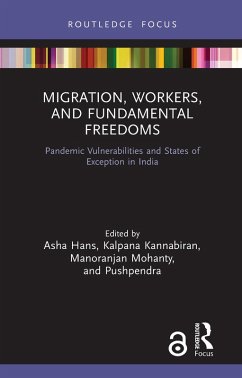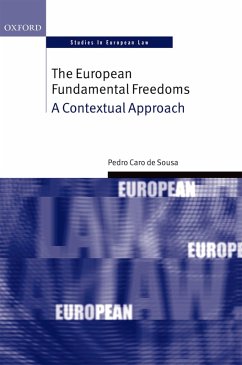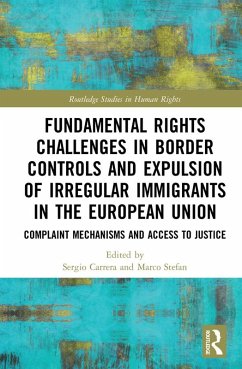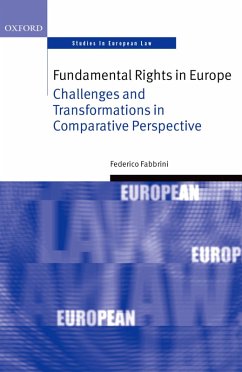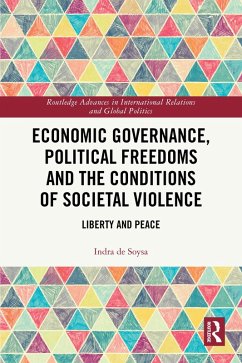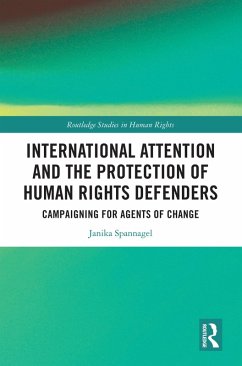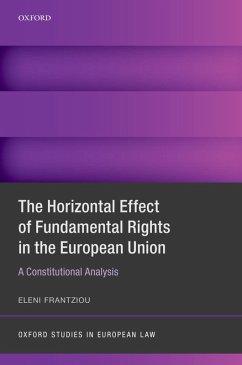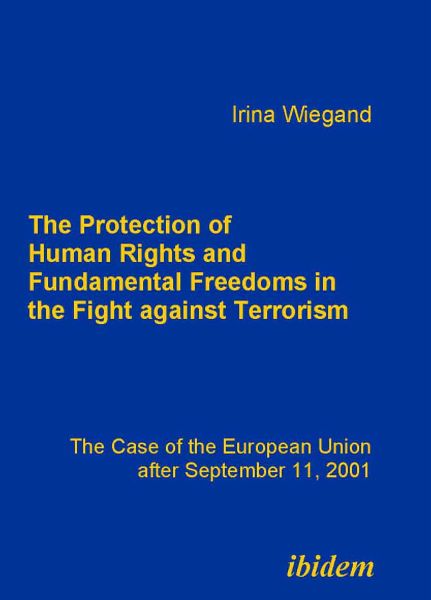
The Protection of Human Rights and Fundamental Freedoms in the Fight against Terrorism (eBook, PDF)
The Case of the European Union after September 11, 2001

PAYBACK Punkte
0 °P sammeln!
With the terrorist attacks of 9/11, the threat of international terrorism - a threat to peace and stability - became evident to the world. Even though this event was not directed against European Union member states, it triggered the expansion of common anti-terrorist laws and policies. This cooperation aimed at fighting terrorism has led to the introduction of legal instruments that do not comply with international and European human rights law. Despite this drastic shift, the question in how far the European Union abides by human rights law in its fight against terrorism has rarely been disc...
With the terrorist attacks of 9/11, the threat of international terrorism - a threat to peace and stability - became evident to the world. Even though this event was not directed against European Union member states, it triggered the expansion of common anti-terrorist laws and policies. This cooperation aimed at fighting terrorism has led to the introduction of legal instruments that do not comply with international and European human rights law. Despite this drastic shift, the question in how far the European Union abides by human rights law in its fight against terrorism has rarely been discussed so far. Irina Wiegand looks exactly at this question. Her book gives extensive background information and yet has high scholarly value. It offers a general introduction on terrorism and an overview of today's legal framework with regard to terrorism and looks at the European Union's responses to terrorism. The main focus of the book is then on the analysis of these responses in the light of human rights law. This scrutiny provides the background of international and regional human rights legislation and continues with the analysis of the current legal practice of the European Union and the European Courts. If you want to know why we cannot agree on the definition of the term 'terrorism', whether states can claim the right of self-defense after a terrorist attack, how the European anti-terrorist legislation developed over time, and whether the European Union violates certain human rights conventions, this book is a must-read for you.
Dieser Download kann aus rechtlichen Gründen nur mit Rechnungsadresse in A, B, BG, CY, CZ, D, DK, EW, E, FIN, F, GR, HR, H, IRL, I, LT, L, LR, M, NL, PL, P, R, S, SLO, SK ausgeliefert werden.




